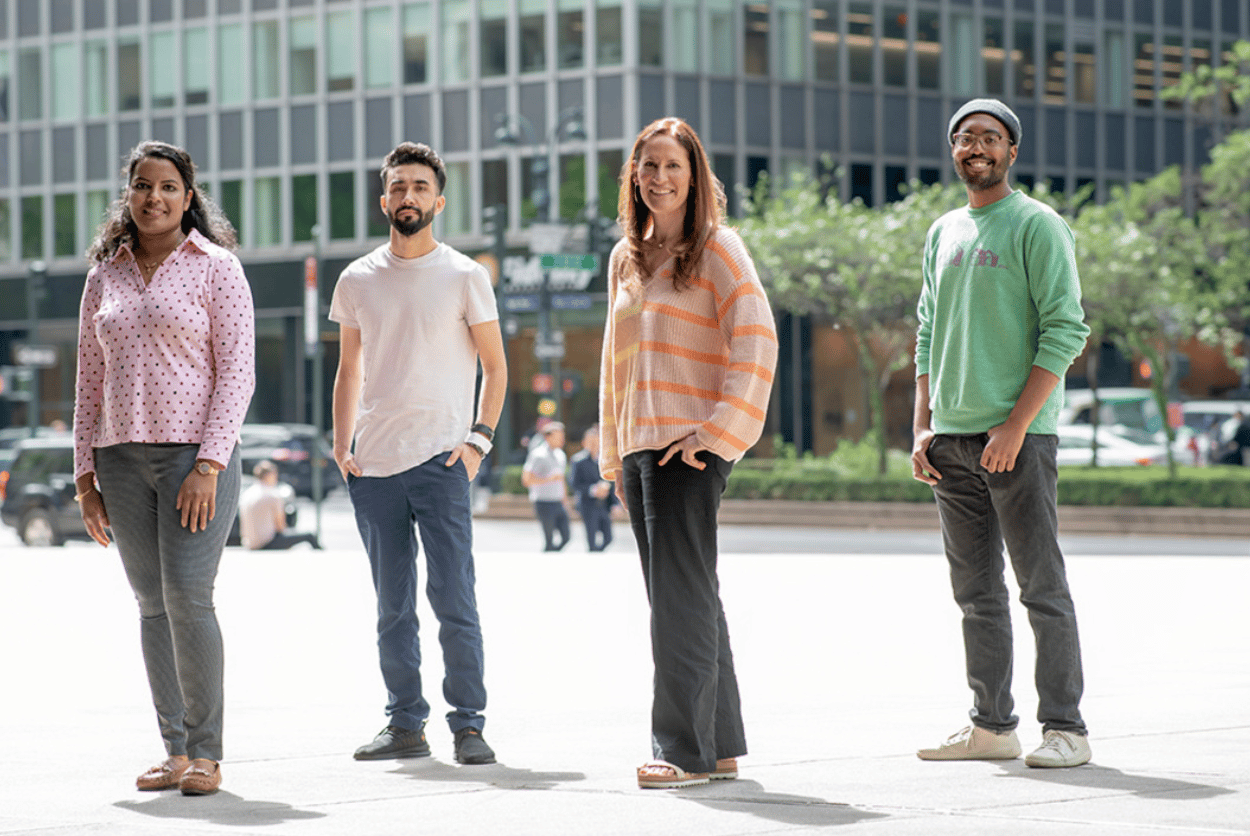
Breakthrough findings were presented at the 2022 ASCO Annual Meeting and published in The New England Journal of Medicine today by researchers at Memorial Sloan Kettering Cancer Center (MSK) confirming a clinical complete response in all 14 patients who received the immunotherapy treatment dostarlimab as a first-line treatment for mismatch repair-deficient (MMRd) locally advanced rectal cancer. This new approach of “immunoablative” therapy uses immunotherapy to replace surgery, chemotherapy and radiation to remove cancer.
MSK’s Andrea Cercek, MD, Section Head of Colorectal Cancer and Co-Director of the Center for Young Onset Colorectal and Gastrointestinal Cancer, and Luis Alberto Diaz, Jr., MD, Head of the Division of Solid Tumor Oncology, led this groundbreaking clinical trial — which saw a 100% complete response rate among its patients. The study also provides a framework for evaluation of highly active therapies in the neoadjuvant setting, where patients are spared from chemoradiation and surgery while treating the tumor when it is most likely to respond.
“Since MMRd colorectal cancer is responsive to PD-1 blockade in the metastatic setting, we hypothesized that locally advanced mismatch repair-deficient rectal cancer is sensitive to checkpoint blockade and may alter the requirements for chemoradiotherapy and surgery, or eliminate the need for additional treatments altogether,” explained Dr. Cercek.
MSK researchers conducted a prospective study in which single agent dostarlimab, an anti-PD-1 monoclonal antibody, was administered every three weeks for six months in patients with mismatch repair-deficient stage 2 and 3 rectal adenocarcinoma, to be followed by standard chemoradiation and surgery. Patients who achieved a clinical complete response were eligible for omission of chemoradiation and surgery.
All 14 who initiated treatment on the trial and have had at least six months of follow-up achieved a clinical complete response with no evidence of tumor on MRI, FDG-PET, endoscopic visualization, digital rectal exam, or biopsy, which satisfied the study’s co-primary endpoint. To date, no patients have required chemoradiation or surgery, and no cases of progression or recurrence have been noted during follow-up (up to 25 months). No serious adverse events were observed. As researchers found the elimination of tumors following six months of therapy with PD-1 blockade, it enabled them to omit both chemoradiation and surgery and to proceed with observation alone.
From: Memorial Sloan Kettering Cancer Center News Releases
Back to Latest news